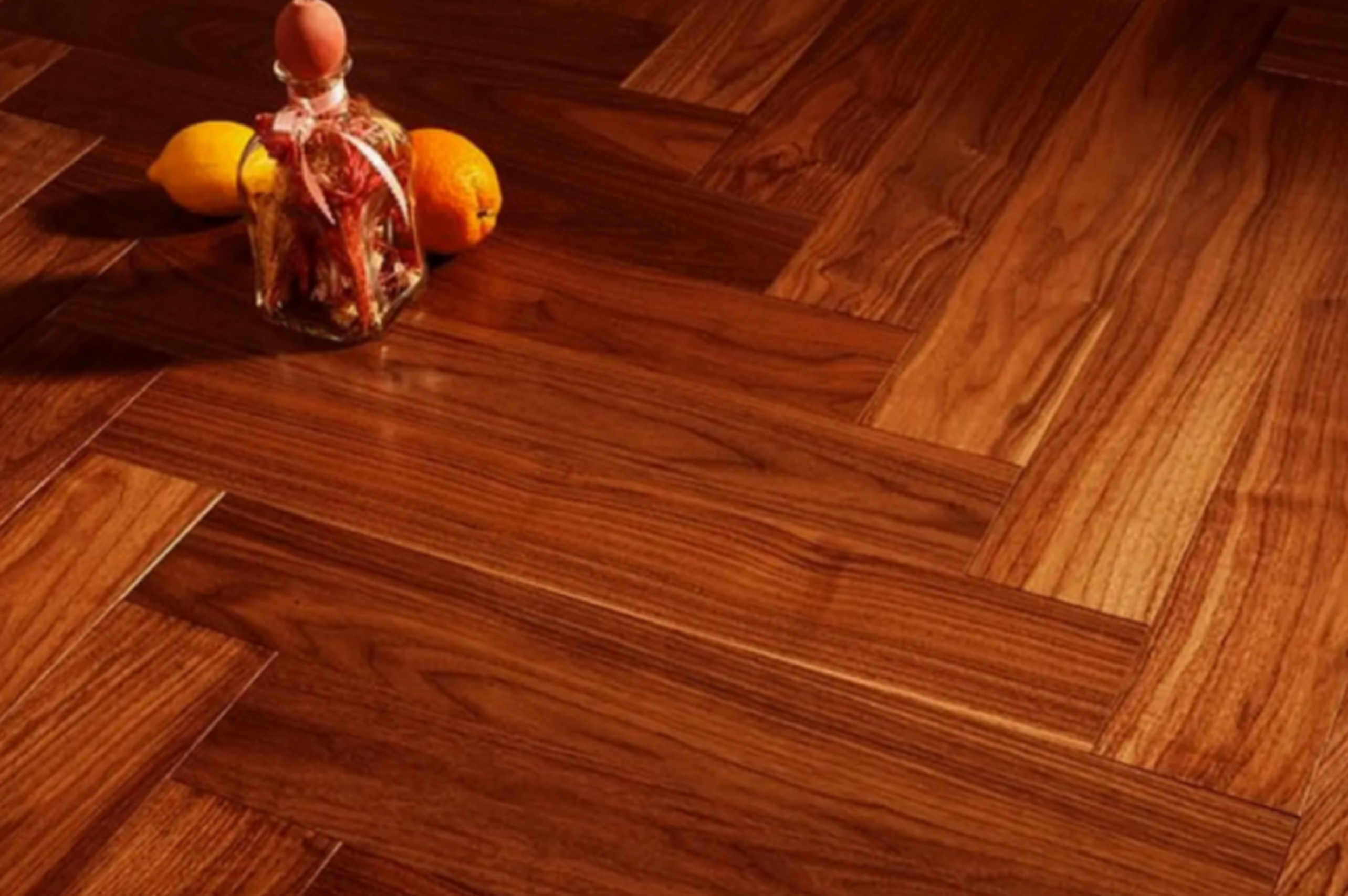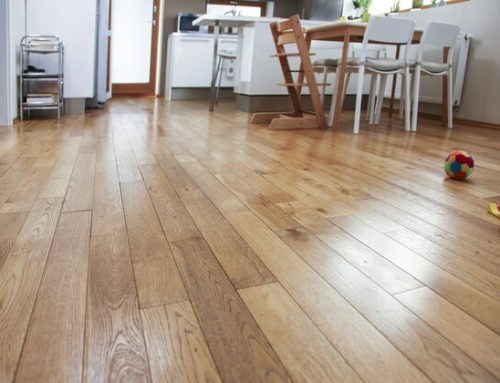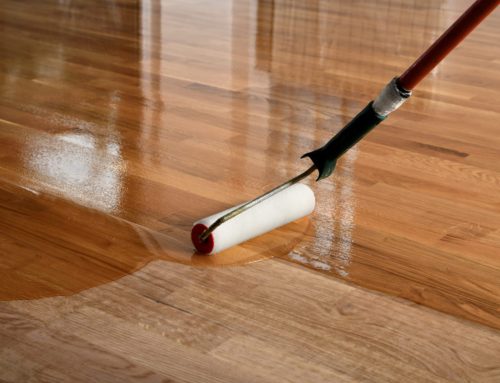When you’ve invested in a beautiful wood floor, it’s important to maintain it so that it looks clean, damage-free, and spotless for longer. There are lots of different ways you can look after your wooden floor and one of them is through wood floor finishing. When you purchased your floor, you may not have known about the different forms of upkeep it may require but understanding the best ways to avoid wear and tear is essential to making sure your floor lasts as long as possible. If you’re considering wooden floor finishing Manchester, but want to know more about it, here’s our guide to wooden floor finishing to the process.
What is wood floor finishing?
The process of finishing a wood floor is about adding a protective layer on top of the wood to stop it from getting damaged. It should be added to new wooden floors but can also be added to wood floors which are older, but in need of a little TLC. This protection comes in lots of different forms which have various benefits depending on the type of building that your floor is in, to how you want the floor to look after the finishing process has taken place.
Why invest in wood floor refinishing?
How to know if your floor needs finishing
Over time you’ll start to notice signs of wear and tear on your wood floor. This is largely unavoidable without replacing the finish every so often. Common signs it may require some maintenance are discolouration and damage. Your floor changing colour can happen for several reasons. Dirt and grime which collects on the surface of the floor can change the colour entirely. And even the best cleaning processes cannot avoid this as stubborn dirt can stick to the wood and be really hard to budge.
Damage is another common reason for refinishing a floor. Anything from scratches to scuffs and water damage can be repaired. Refinishing the floor alone may not be able to repair the floor but combined with floor sanding can remove signs of wear and tear and leave you with a brand-new looking floor.
What types of finish are available?
There are lots of different products available for wood floor finishing. The most popular are oils, lacquers, and wax. Each have their benefits and considerations.
Lacquers
If you think of a shiny, glossy wooden floor, the chances are it has been finished with a lacquer. This type of finish offers excellent levels of protection to your floor, as the lacquer is essentially an extra layer on top of the floor. It is virtually transparent which means you can still see the wood effect underneath the lacquer, but any foot traffic, furniture or other objects which come into contact with the floor won’t be able to damage the wood as easily. It will also offer protection against water and other liquids which could damage your floor. A quality lacquer will even be able to stop red wine from staining your flooring. It is recommended for both commercial and residential spaces, however you should consider investing in a stronger form of lacquer for areas where there is heavy foot traffic.
Oils
Another great option, oils offer a more natural finish than lacquers. An oil finish offers excellent levels of protection as it penetrates the wood, protecting not only the surface but every part of your floor. This can be a huge advantage if you’re wanting decades of use from your floor. It doesn’t leave the same shiny, glossy texture to the floor as lacquers but will enhance the natural aspects of the wood, instead.
Oils are a little more expensive than lacquers, but in the long term could save you thousands. Once the oil has worn away and your floor requires refinishing, another layer of oil can be added with relative ease. This is unlike lacquers which need to be sanded off the floor to remove them entirely before they can be replaced. This makes the process of refinishing much more cost effective.
Wax
Much like the other two options, wax is a solid wood floor finish. It will enhance the look of your floor much better than oils or lacquers and will offer great protection to avoid the floor getting damaged. It is a more expensive option and does require reapplication a lot quicker than the other two options, and so is only recommended if the results you desire cannot be achieved with an oil or lacquer finish.
Why invest in commercial wood floor refinishing?
How often does a floor need refinishing?
This depends entirely on the type of finish applied, as well as how much your floor is used. A few people walking over a wood floor every day in a home will cause some wear and tear, but hundreds of people walking across a floor in a restaurant or bar will mean the finish wears away much quicker.
The type of finish you choose will also determine how quickly it needs to be replaced. If you’re looking for something which is long-lasting, speak to a professional to find out which product they’d recommend.
Wooden floor finishing Manchester
Our expert team can offer advice, recommendations, and personalised quotes to help your floor look better for longer. Call us on 0161 945 8475 or email info@naturalflooringsolutions.co.uk



